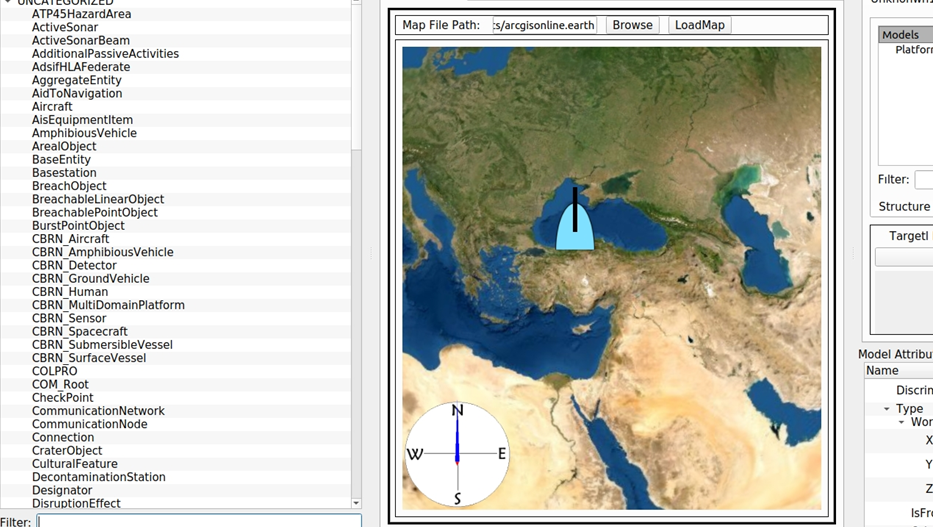Support has been granted to the project titled “Development of Multi-Purpose Intelligent Ground Station Software for UAVs“, in which faculty members of the Faculty of Engineering and Natural Sciences of Istanbul Medeniyet University took charge, within the scope of 1501 TUBITAK Industry R&D Projects Support Program. In the project, Assoc. Prof. M. Fatih HOCAOĞLU from the Department of Electrical and Electronics Engineering, Asst. Prof. İbrahim GENÇ and Gebze Technical University, Aeronautical Engineering Department Prof. Dr. İlyas Kandemir will take charge.
Unmanned Aerial Vehicles (UAVs) are technological products with predefined or automatic flight guided by remote control. In recent years, it has an important place in the fields of attack, reconnaissance and defense industry. As an innovative product of the rapid development of technology, UAVs stand out with their low flight costs and reachable area flexibility compared to airplanes and thanks to these characteristics of UAVs, this particular project aims to contribute to sustainable manufacturing.
In this project, a very functional ground station software (Ground Control Software – YKY) and related telemetry protocol will be developed for the UAV. This software to be developed will create a functional and functional multi-UAV command, coordination and tracking package with our existing Scenario Development Tool software with the aim of industrial diversity.
Thanks to the simulation and delegate models to be developed, scenarios that include completely virtual, completely real or both virtual and real models can be operated for the purposes of product innovation. It is aimed to design the ground station software that is planned to be developed in such a way that it can be compiled for different platforms, and that the bidirectional encrypted communication protocol to be developed for telemetry can work over GSM and/or radio-telemetry hardware.
We congratulate our faculty members and wish them continued success.

